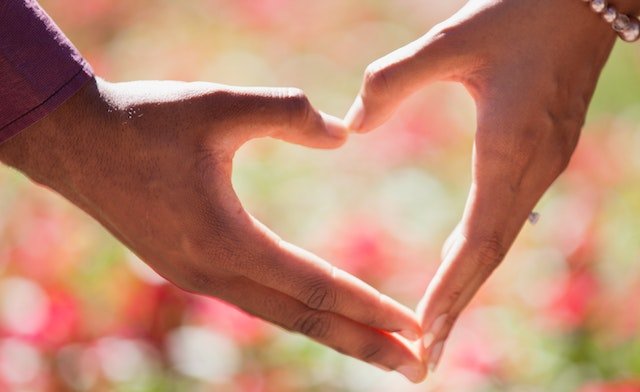To be needed is a pleasant feeling. In many relationships, it’s acceptable to depend a little on your partner, but for some people, dependence goes too far and compromises their independence. “Need” turns into a derogatory term.
There are a variety of reasons why you might be reluctant to rely too heavily on your partner. It’s possible that you learned as a child that depending on others shows weakness and inability to care for yourself.
Another argument is that you might not want to rely too heavily on your person since they might also rely too heavily on you. It may make you uncomfortable to witness a loved one crumble, experience feelings of overwhelm or enter a state of despair. Maybe you’re unsure of how to assist your person when they’re in need.
Wanting your person and them needing you might actually be beneficial for your relationship and even make it stronger. Relationships include yin and yang which includes both needing and needing to be needed.
The well-known terms that refer to feminine and masculine energy is yin and yang. Yin energy is a symbol for tenderness, emotion, and submission. Yang energy is characterized by harshness, introspection, and assertiveness.
Yin behaviors in relationships typically involve listening to, accepting, and getting support from your partner. Yang acts include speaking up, taking the initiative, and defending both you and your spouse. We all contain both yin and yang energy, and depending on the situation, you can use either energy.
This energy must be balanced for you and your person to complement one another and have a harmonious connection. Unbalanced situations can have negative effects.
You can probably see how disempowerment and hopelessness might set in for the person who engages in the most activity, while exhaustion and resentment can build up for the one who is largely passive. Aggression and conflict are frequent outcomes if yang energy rules your relationship. If yin energy rules, complacency will set in.
By being dependent on one another, you and your partner can combine this energy. Being interdependent entails being conscious of both your own emotional and physical demands as well as those of your person.
You and your person are given room to keep your individual identities as well as time to reach out to one another when necessary. Being interdependent makes it acceptable for both you and your person to require the other.
Knowing your relationship’s yin and yang poles will help you work towards an ebb and flow that allows this energy to balance one another. You can provide each other the advantages of thinking and feeling, giving and receiving, and asserting and yielding as partners.
You might want to follow the related guidelines in doing so:
- I recognize there will be occasions when I require my person.
- When my person needs me, I create a way for them.
- My person is there for me.
- My person is aware that I am there for them.
You develop trust in your relationship when both of you are willing to step into a place of vulnerability. Relationship yin and yang are balanced when you can depend on your person and they can depend on you in return.
When you are dealing with a challenging situation, your partner may actively encourage you by using their yang energy. Being open to others’ assistance entails employing your yin energy.
To open yourself so completely and consistently to another person requires guts. But there are benefits to taking this chance as well. You establish a solid, safe link with the person who holds the most significance in your life as a result of needing and being needed. You create a sanctuary as a group.
You can think about doing the following things to make a space where you can give and receive without restriction:
- Communicating openly with your person, hiding from your partner, and keeping secrets can give the impression that everything is fine. Your person can become an active participant in your life and assist you in navigating trying circumstances if you share your highs and lows with them.
- Display affability, Spend time with and seek out your loved one.
- Encourage safety, Keep any shared information private. Don’t blame your person in public. Even if you’re upset with your person, treat them with respect. In the heat of an argument, insulting your person’s character, hobbies, or morals damages both of you. They won’t be as willing to share their most private thoughts and feelings with you and you’ll have lost a dear friend.
- Speak your mind, Abandon the notion that you must restrain your emotions and solve difficulties on your own. Remind yourself that being vulnerable can be a sign of strength and that both you and your person deserve to be taken care of through tough times.
Being open to your person’s needs and being there for them when they need you can help the energy in your relationship to flourish. By doing this, you can balance one another and complement one another much like yin and yang.






